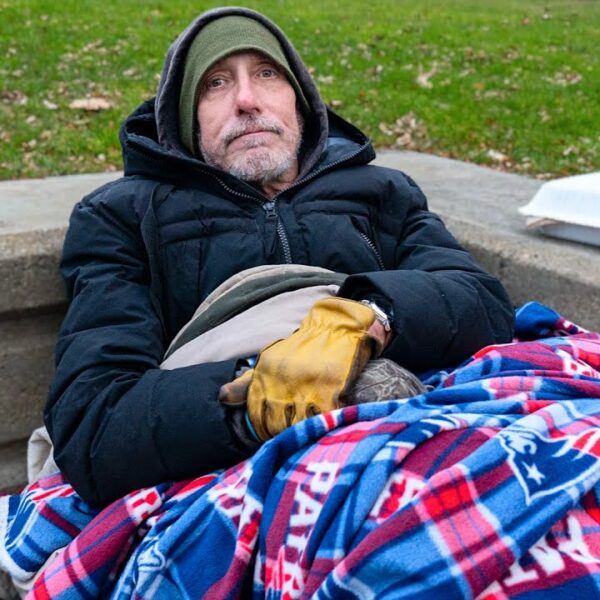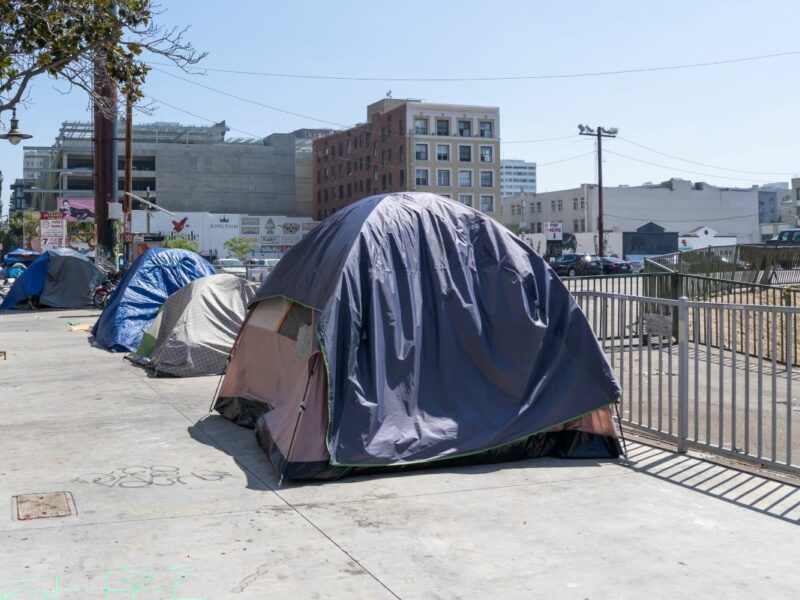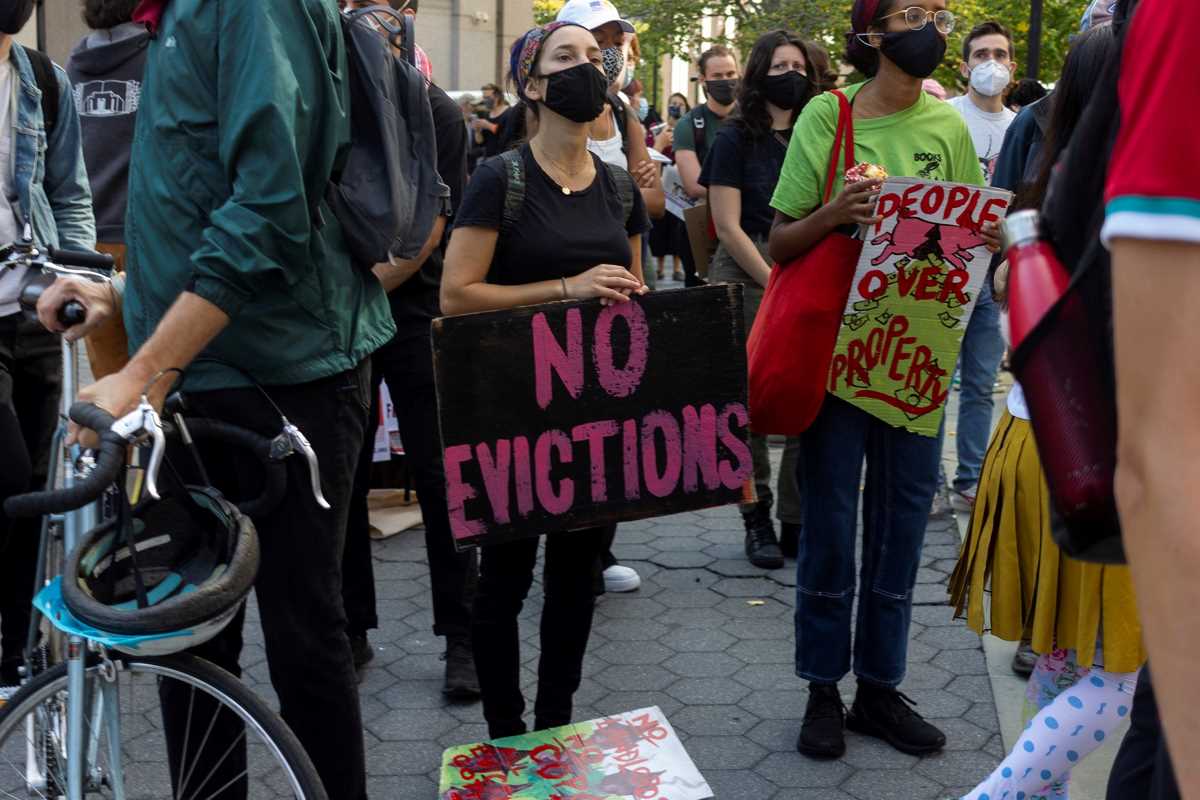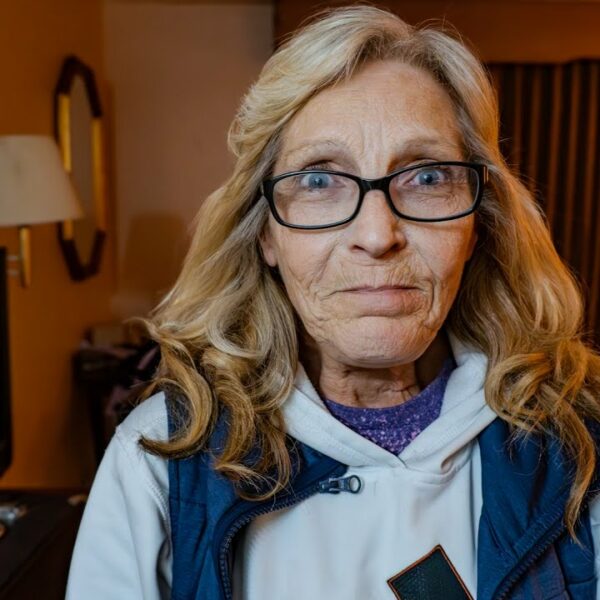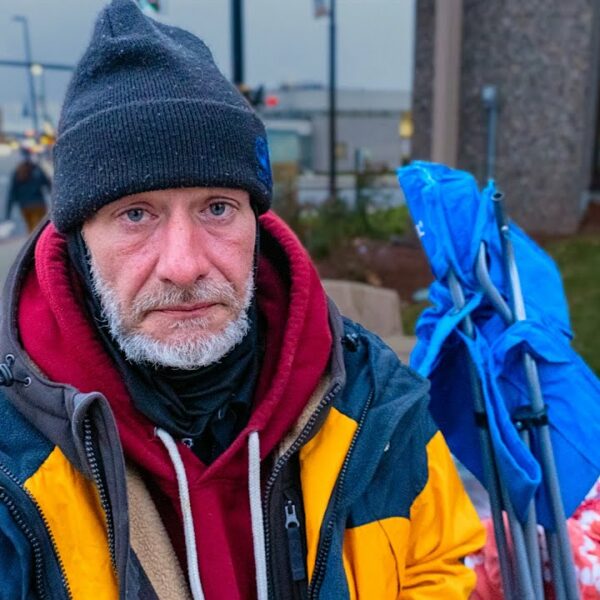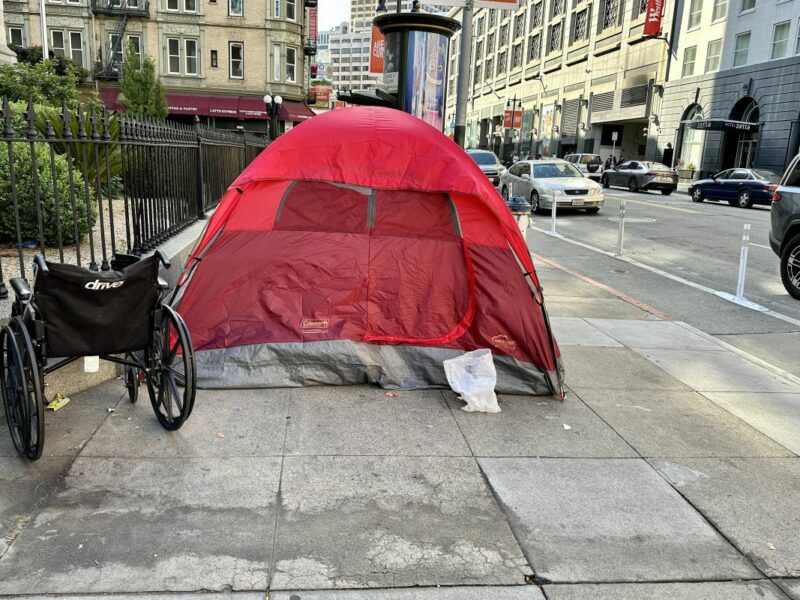President Joe Biden’s administration announced on Thursday, June 24, extending the federal eviction moratorium until the end of July.
The Center for Disease Control released the revised public health order. It applies to any “landlord, owner of residential property, or other person” with the right to pursue eviction or possessory action under federal jurisdiction. However, it does not supersede any state or municipal regulation or ordinance.
At the same time, the Biden administration committed to a “whole-of-government” approach to prevent a historic wave of evictions over the summer.
“In the context of the pandemic, eviction moratoria—like quarantine, isolation, and social distancing—can be an effective public health measure utilized to prevent the spread of communicable diseases,” the public health order said.
Diane Yentel, executive director of the National Low Income Housing Coalition, told NBC Nightly News the order primarily helped Black and Latinx renters. These groups face evictions at rates nearly four times higher than their White counterparts.
“This order is keeping tens of millions of people, who would otherwise lose their homes during a global pandemic, stably housed,” she said.
“Now we must redouble efforts to get ERA to tenants who need it to stay stably housed,” Yentel added in a tweet.
?BREAKING: President Biden will extend federal eviction moratorium for 30 days & activate whole of government approach on eviction prevention/diversion, as we urged. Now we must redouble efforts to get ERA to tenants who need it to stay stably housed. https://t.co/p7QYA0ywWK
— Diane Yentel (@dianeyentel) June 24, 2021
Yentel and NLIHC have been urging the Biden administration to extend the moratorium since mid-June. NLIHC also suggested taking a whole-of-government approach to ensure emergency rental assistance (ERA) payments reached renters in need.
The first federal eviction moratorium was first instituted under the Coronavirus Relief and Economic Security (CARES) Act in March 2020.
It provided renters with 120 days of relief and some additional protections for people utilizing federal financing programs. However, the moratoria did not protect all renters. Those who fell through the cracks relied on state and local orders for coverage.
The order was issued to mitigate the spread of COVID-19 within crowded and congregate shelters, reduce the number of people at risk of experiencing homelessness, and support response efforts at the state, local, and tribal levels. To those ends, the order has largely succeeded.
Researchers found that federal, state, and local eviction moratoria combined to reduce evictions by over one million cases in 2020 when compared to 2019. Additional research shows the CDC moratorium itself contributed to a 50 percent reduction in eviction filings.
Still, more than 378,000 eviction cases have been filed in just five states during the pandemic.
While the moratorium has been extended, its legal legitimacy remains in question.
Federal courts in Texas have ruled that the eviction moratorium is unconstitutional. Another case seeking to end the moratorium—this one arising out of Washington State—reached the Supreme Court’s dais in early June. Meanwhile, the federal appeals court in Washington D.C. has ruled that the moratorium is enforceable.
Rep. Maxine Waters (D-CA), who chairs the House Financial Services Committee, said she understands the grievances levied by landlords in these cases. However, “extending the moratoria until local communities can distribute this relief will be the difference between millions of families losing or remaining in their homes.”
According to the most recent Household Pulse Survey, over 44 million people missed their rent or mortgage payment last month. The survey says renters in Texas, Louisiana, and Mississippi reported the highest rate of missed payments.
“We must not forget the economic events that have brought us to our current day situation,” Waters continued.
At the height of the pandemic in April 2020, the unemployment rate hit 14.8%. At the same time, labor force participation dropped to just over 60 percent—a level not seen since the 1970s.
To help renters negatively impacted by the pandemic, Congress initially appropriated $25 billion for rent relief under the CARES Act. With the most recent moratorium extensions, Congress appropriated $21.5 billion for rental assistance under the American Rescue Plan.
However, roadblocks have kept a majority of the appropriated funds from reaching people in need.
The reason so much money remains unused is that state and local governments are responsible for implementing the rental assistance programs. In turn, these institutions have had a difficult time contacting people who qualify for assistance.
Cities like Chicago have had greater success delivering payments to tenants. Meanwhile, other cities like Atlanta, have floundered. Atlanta’s Mayor Keisha Bottoms Cole proposed cutting ERA funding in half ahead of the December 2020 disbursement deadline. Cities that failed to provide payments to tenants had to forfeit the funds for other purposes, the CARES Act said.
The latest ERA guidance provides six solutions for state and local governments to distribute more money to qualified recipients. First, these agencies need to develop partnerships with organizations specializing in outreach, especially among the homeless community.
“ERA can help families who have lost, or are at imminent risk of losing, their housing, by paying for relocation assistance, prospective rent, security deposits, and temporary hotel accommodations,” the guidance reads.
Governments should do more to break down cultural and linguistic barriers preventing individuals from participating in ERA programs. They also need to provide a more streamlined payment process, encourage grantee coordination, and lift the grantees that excel, the guidance continues.
“If we do not learn from our mistakes of the past and act in the greatest interest of everyday people, our nation stands to lose another generation of homeowners and experience an exacerbation of our current homelessness and affordable housing crises,” Waters said.



